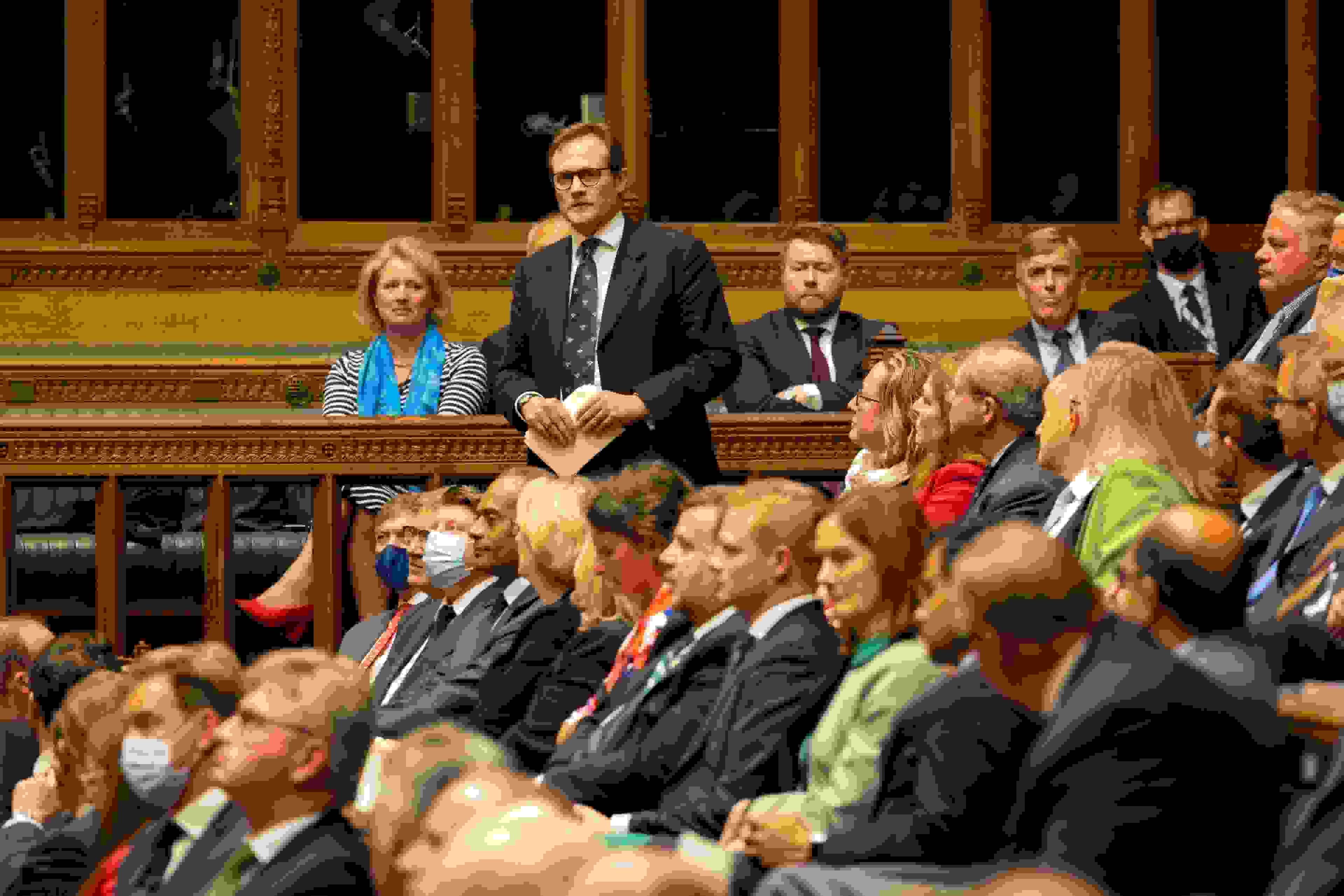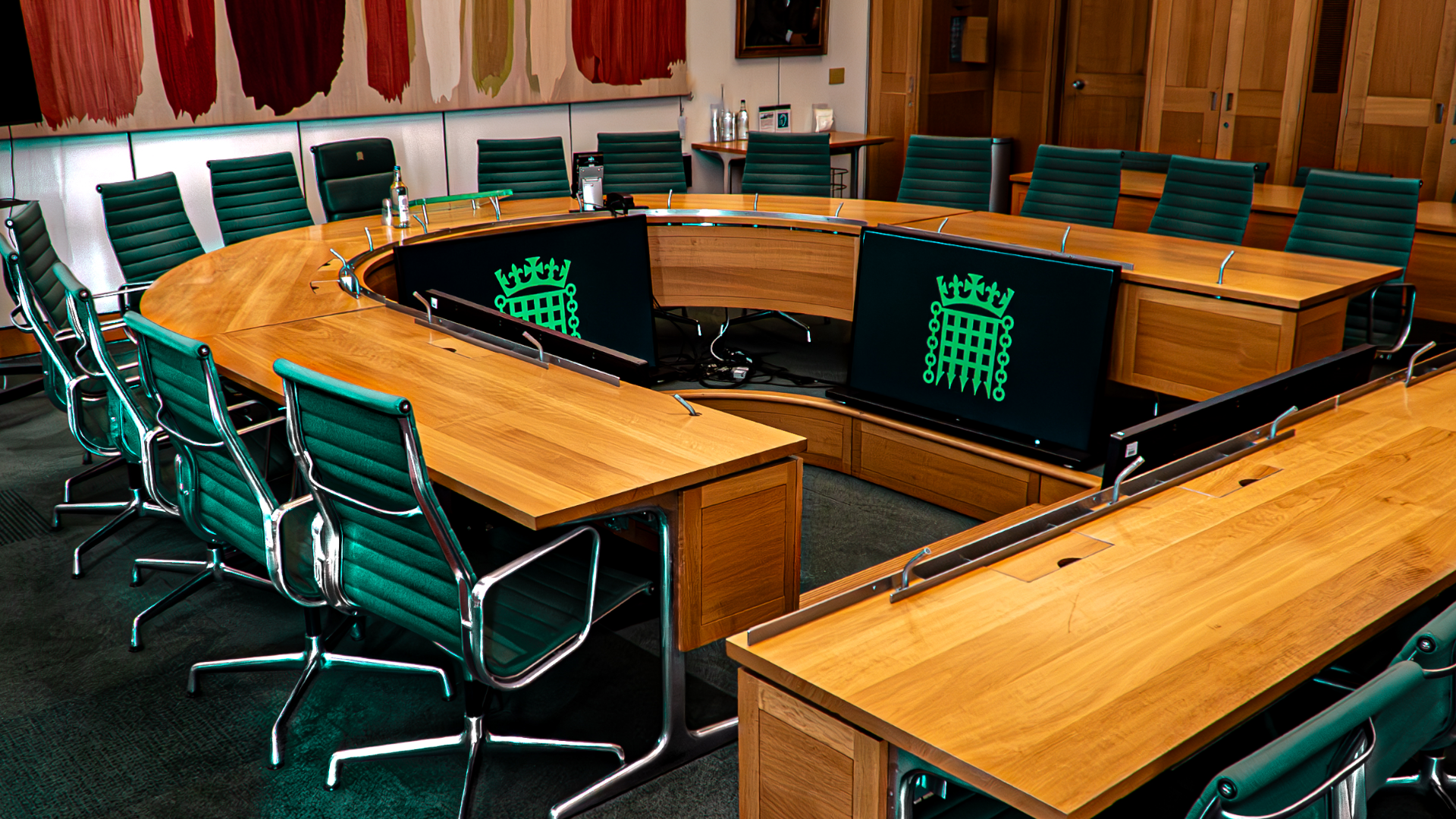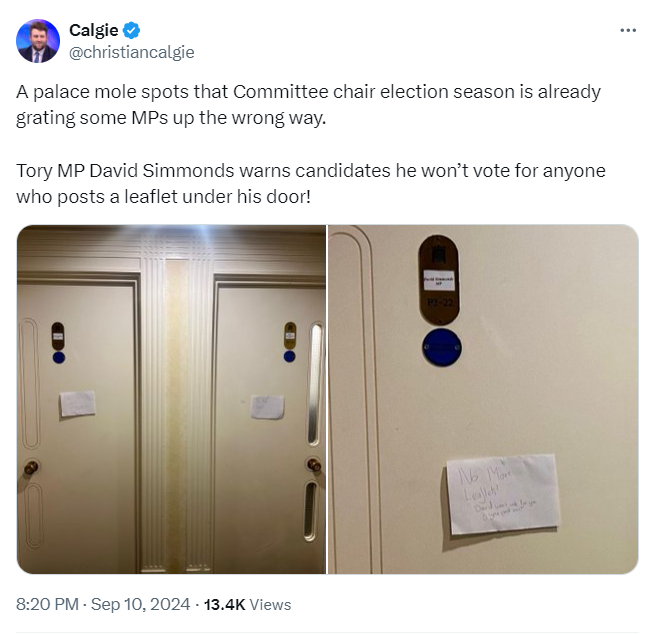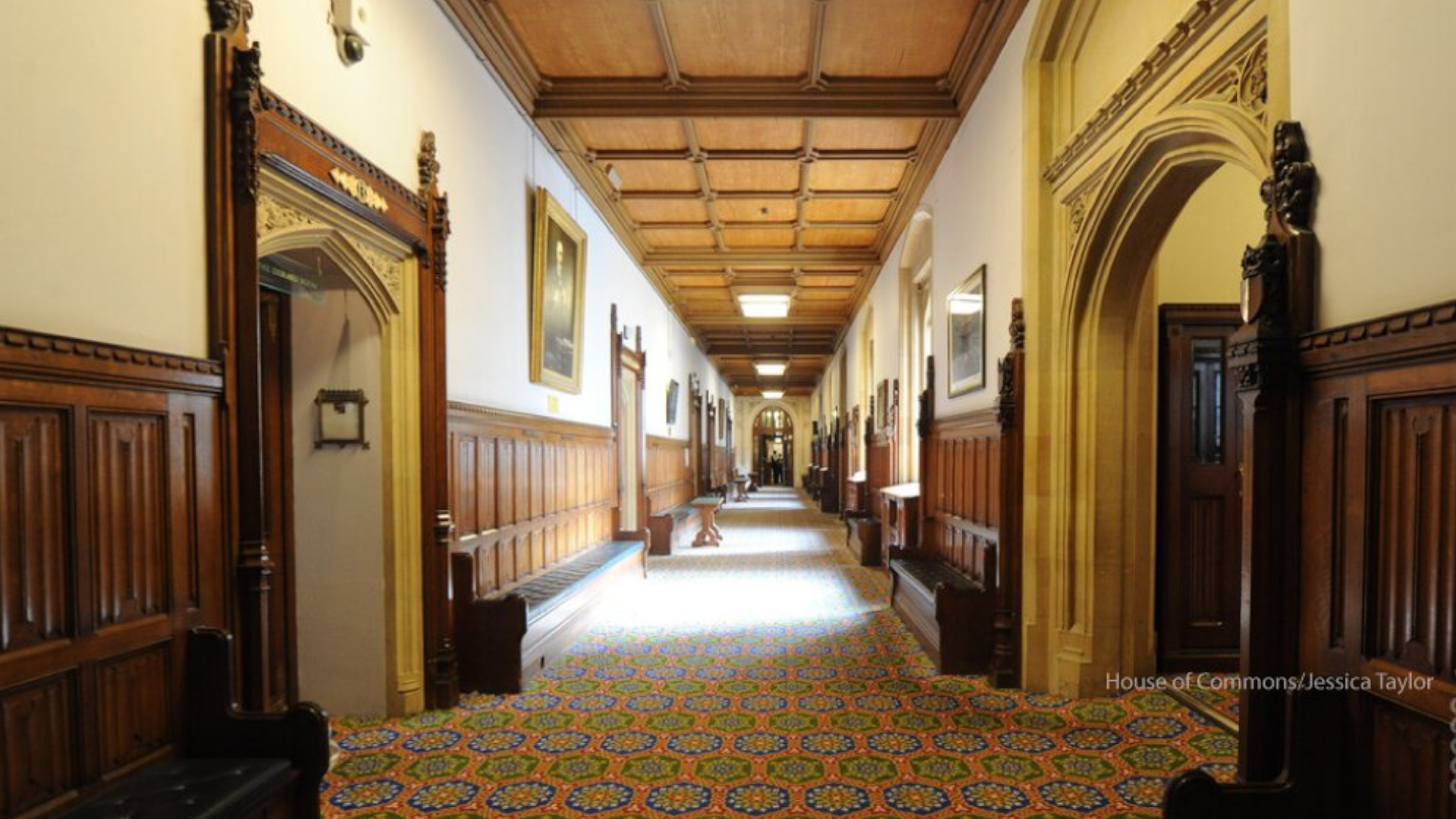Blog / Is chairing Select Committees in the House of Commons really an 'alternative career'?
If you’ve been thinking that a more-than-usual number of MPs have recently moved straight from being Select Committee Chairs to (shadow) Ministers, then you’d be right. Yet data on Select Committee Chairs since 2005 seems to undermine the idea of Select Committee work as a career goal, with chairships instead increasingly acting as launchpads for, or interludes between, (shadow) ministerial posts.











